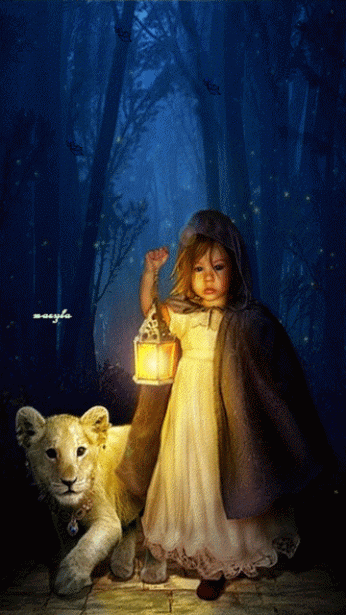
Mara’s daughters seducing Buddha
“The true expression of non-violence is compassion”
The 14th Dalai Lama Speaking in India
My ideas about universal responsibility have evolved from the ancient traditions of India. As a Buddhist monk my entire training has its roots in the culture of this great country. In a letter he once wrote to me, Mr. Morarji Desai expressed the situation very beautifully,” One Bodhi tree has two branches, that is India and Tibet.” From a cultural and spiritual point of view we are like one people. Emotionally too I feel very close to this country. In ancient times India produced many great thinkers, whose insights contributed much to humanity’s spiritual evolution. Even today, India is an inspiration, for in the face of great odds, democracy thrives.
Ahimsa or non-violence is a powerful idea that Mahatma Gandhi made familiar throughout the world. Non-violence. It is something more positive, more meaningful than that. The true expression of non-violence is compassion. Some people seems to think that compassion is just a passive emotional response instead of rational stimulus to action. To experience genuine compassion is to develop a feeling of closeness to others combined with a sense of responsibility for their welfare. True compassion develops when we ourselves want happiness and not suffering for others, and recognize that they have every right to pursue this.
Compassion compels us to reach out to all living beings, including our so-called enemies, those people who upset or hurt us. Irrespective of what they do to you, if you remember that all beings like you are only trying to be happy, you will find it much easier to develop compassion towards them. Usually your sense of compassion is limited and biased. We extend such feelings only towards our family and friends or those who are helpful to us. People we perceive as enemies and others to whom we are indifferent are excluded from our concern. That is not genuine compassion. True compassion is universal in scope. It is accompanied by a feeling of responsibility. To act altruistically, concerned only for the welfare of others, with no selfish or ulterior motives, is to affirm a sense of universal responsibility.
As a Buddhist monk, the cultivation of compassion is an important part of my daily practice. One aspect involves merely sitting quietly in my room, meditating. That can be very good and very comfortable, but the true aim of cultivation of compassion is to develop the courage to think of others and to do something for them. For example, as the Dalai Lama, I have a responsibility to my people, some of whom are living as refugees and some of whom have remained in Tibet under Chinese occupation. This responsibility means that I have to confront and deal with many problems.
Certainly, it is easier to mediate than to actually do something for others. Sometimes I feel that to merely mediate on compassion is to take the passive option. Our mediation should from the basis for action, for seizing the opportunity to do something. The meditator’s motivation, his sense of universal responsibility, should be expressed in deeds. Whether we are rich or poor, educated or uneducated, whatever our nationality, colour, social status or ideology may be, the purpose of our lives is to be happy. For this, material development plays an important role to cultivate a corresponding inner development. Unless our minds are stable and calm, no matter how comfortable our physical condition may be they will give us no pleasure. Therefore, the key to a happy life, now and in the future, is to develop a happy mind.
One of the emotions most disturbing our mental tranquility is hatred. The antidote is compassion. We should not think of compassion as being only the preserve of the sacred and religious. It is one of our basic human qualities. Human nature is essentially loving and gentle. I do not agree with people who assert that human beings are innately aggressive, despite the apparent prevalence of anger and hatred in the world. From the moment of our birth we required love and affection. This is true of us all, right up to the day we die. Without love we could not survive. Human beings are social creatures and a concern for each other is the very basis of our life together. If we stop to think, compared to the numerous acts of kindness on which we depend and which we take so much for granted, acts of hostility are relatively few. To see the truth of this we only need to observe the love and affection parents shower on their children and the many other acts of loving and caring that we take for granted.
Anger may seem to offer an energetic way of getting things done, but such a perception of the world is misguided. The only certainty about anger and hatred is that they are destructive; no good ever comes of them. If we live our lives continually motivated by anger and hatred, even our physical health deteriorates. On the other hand, people who remain calm and open-minded, motivated by compassion are mentally free of anxiety and physically healthy. At a time when people are so conscious of maintaining their physical health by controlling their diets, exercising and so forth, it makes sense to try to cultivate the corresponding positive mental attitudes, too. Continue reading →

















